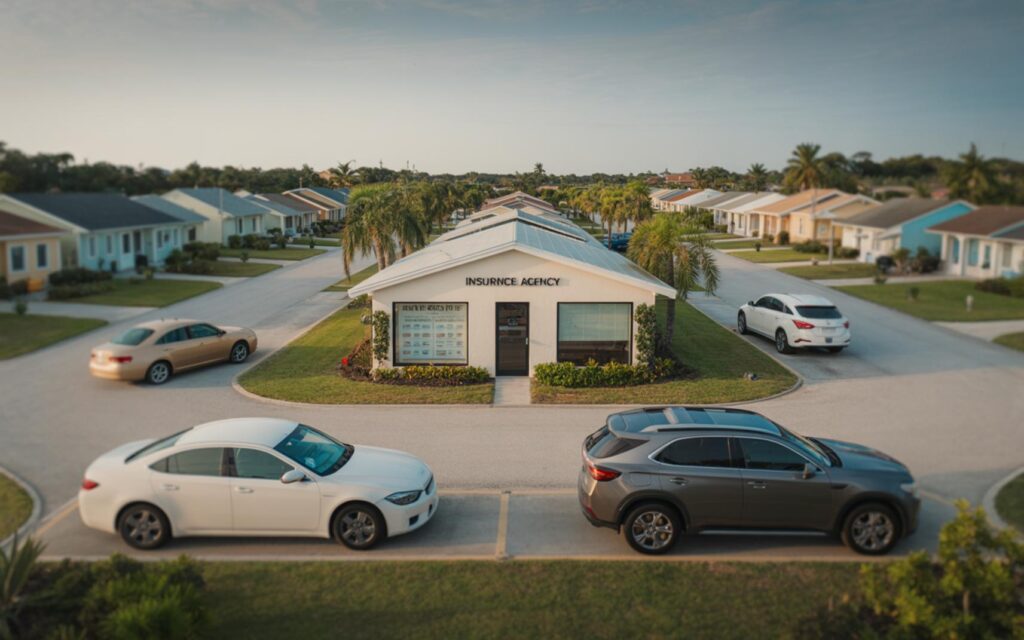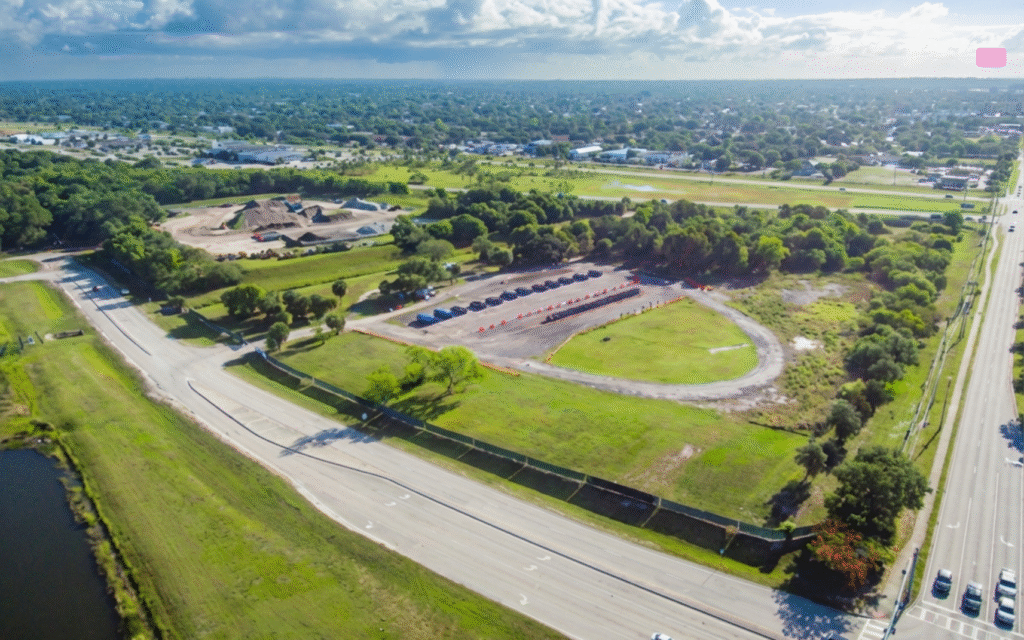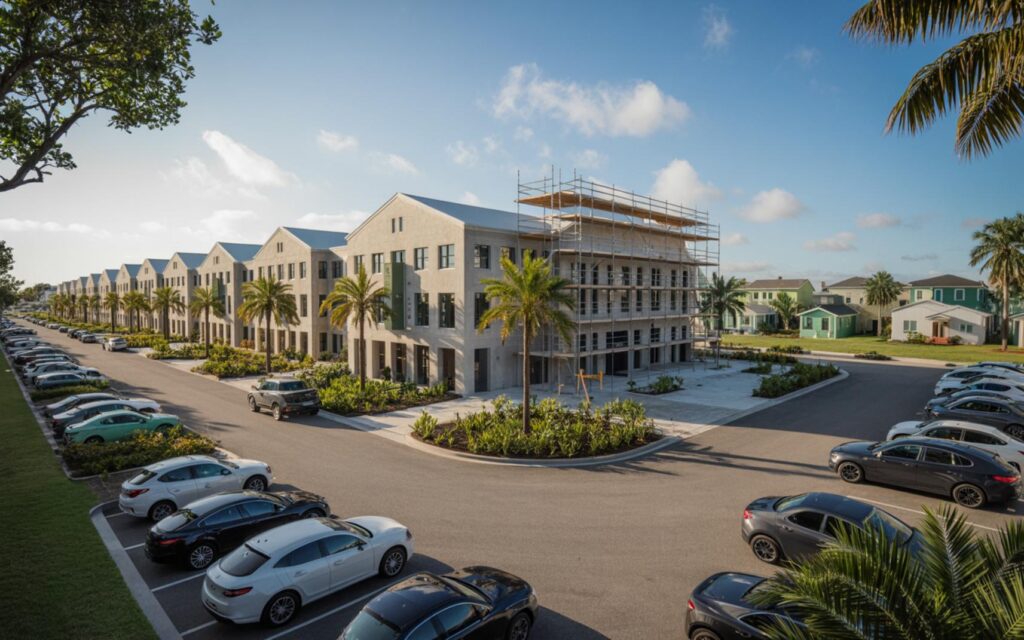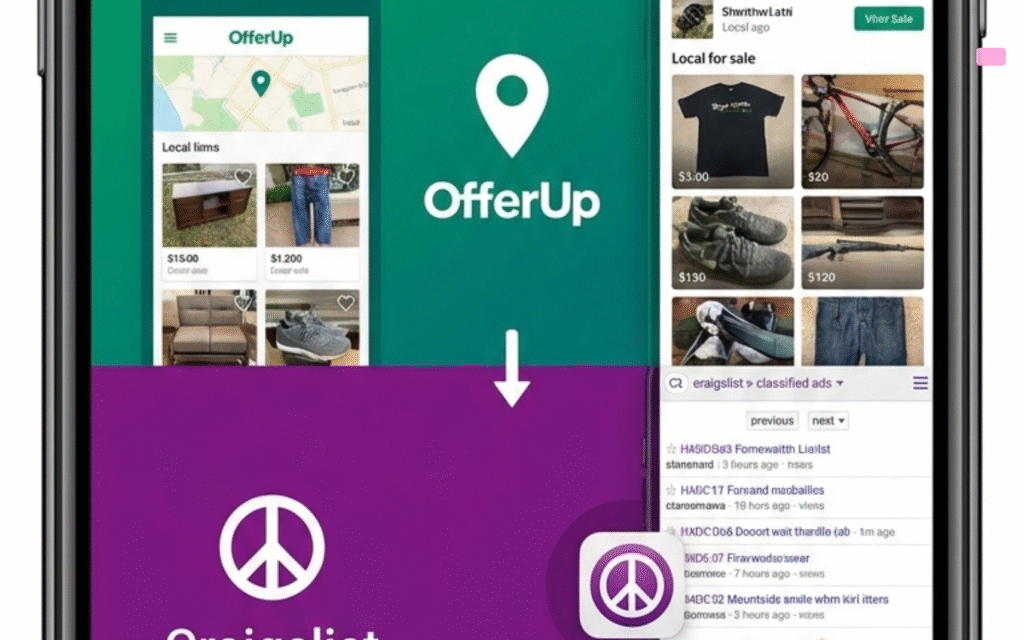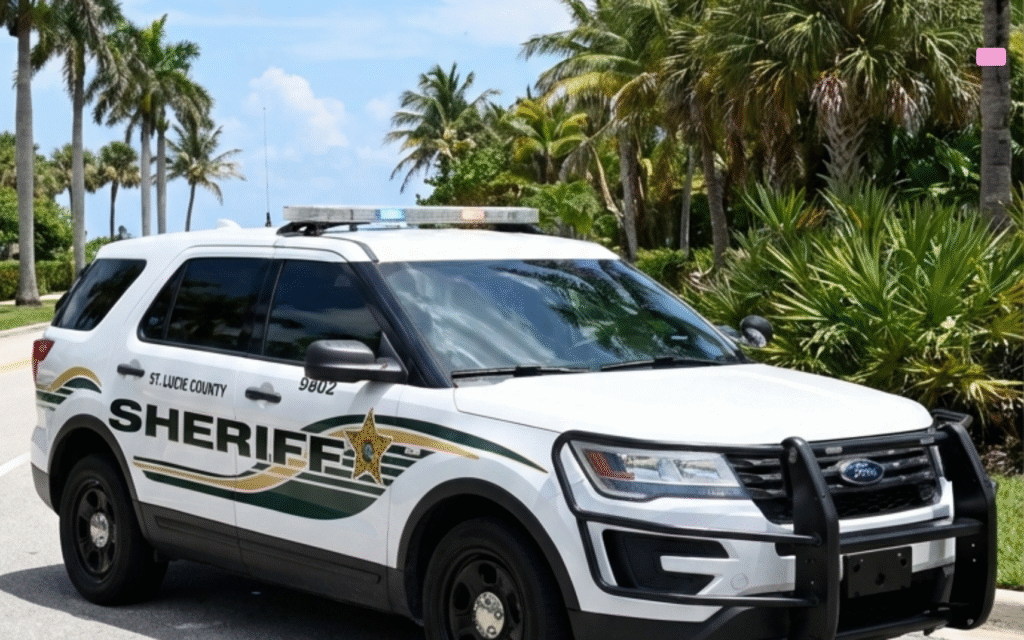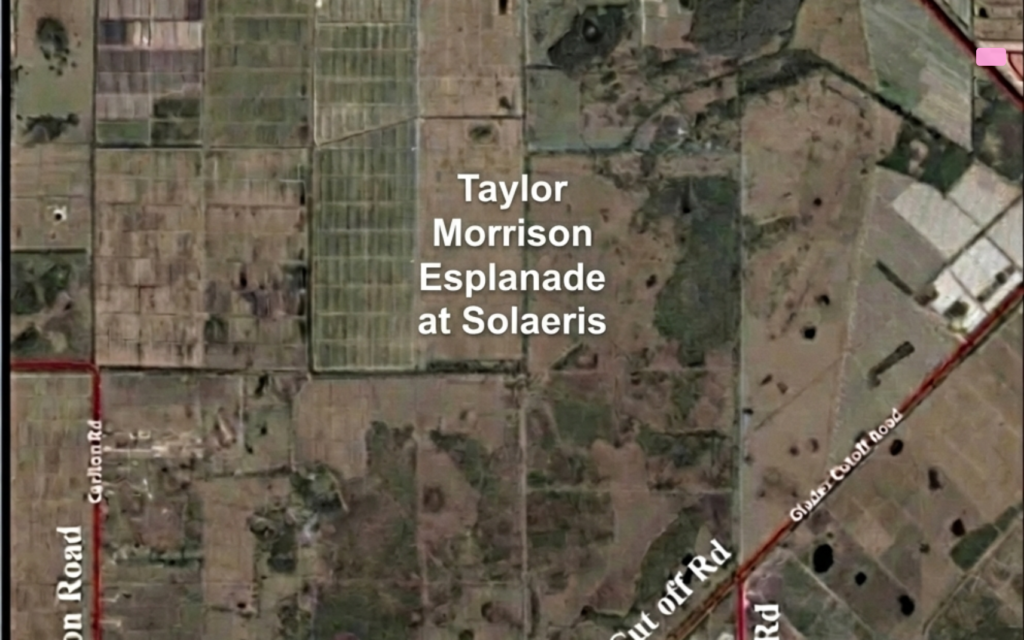Florida airlines are facing significant challenges as new and smaller carriers enter the market, seeking to establish themselves in a rapidly evolving aviation industry. The competitive landscape is shifting, with established airlines expanding operations and new entrants trying to secure a foothold amid operational and financial pressures.
Competitive Pressures in the Florida Airlines Market
The Florida airlines market is among the most competitive in the United States. Established low-cost carriers are expanding aggressively, while legacy airlines are increasing their presence throughout the state. According to industry analysts, this heightened competition is partly driven by financial distress among several budget airlines, which has created both opportunities and risks for new players.
Spirit Airlines, for example, has experienced severe financial difficulties, filing for bankruptcy twice within a year. As a result, Spirit and other struggling airlines have cut routes and exited certain markets. This has allowed major carriers such as Allegiant and JetBlue to expand their Florida operations, launching new routes and increasing service to meet growing demand and fill gaps left by competitors.
Operational and Financial Hurdles for New Florida Airlines
New airlines in Florida face unique operational and financial hurdles. Persistent supply chain disruptions are causing delays in the delivery of new aircraft, according to official industry reports. This forces carriers to operate older, less efficient planes, which increases maintenance costs and adds to operational complexity.
Rising costs related to maintaining aging fleets, ongoing supply chain bottlenecks, and inflation are putting additional pressure on all airlines. These challenges are especially acute for new entrants, who often lack established infrastructure, experienced staff, and the economies of scale enjoyed by larger carriers.
Impact of Supply Chain Disruptions
Supply chain issues have become a central concern for Florida airlines. According to industry sources, delays in aircraft deliveries mean airlines must keep older planes in service longer than planned. This leads to higher maintenance expenses and can affect reliability, further complicating operations for new carriers.
Financial Pressures and Market Volatility
Financial discipline is critical for new airlines operating in Florida. Analysts report that rising operational costs, combined with unpredictable market conditions, require carriers to focus on core operations and efficient resource management. Without strong financial controls, new entrants risk rapid losses and possible market exits.
Growing Passenger Demand and Capacity Constraints
Passenger demand for air travel in Florida and across the nation continues to grow. Recent years have seen double-digit increases in demand, according to official transportation data. However, the growth in airline capacity has not kept pace, resulting in higher load factors and increased competition for available airport slots and resources.
This mismatch between demand and capacity creates both opportunities and challenges. While established airlines are able to capitalize on increased demand, new entrants must compete for limited resources and face steep competition for market share.
Expansion by Major Carriers
Major airlines such as Allegiant and JetBlue are responding to these market dynamics by launching dozens of new routes and increasing service throughout Florida. According to official airline reports, these expansions are designed to capture market share and serve routes abandoned by financially distressed competitors.
Regulatory, Labor, and Technology Challenges
New Florida airlines must also contend with complex regulatory requirements, ongoing labor shortages, and the need for advanced technology adoption. Industry experts highlight that adapting to the regulatory environment is a steep learning curve for new entrants, and operational missteps can be costly.
Labor shortages and fluctuating fuel prices further complicate the operating environment. Airlines are also under pressure to adopt advanced technology to streamline operations, improve customer experience, and enable predictive maintenance and efficient route planning.
Strategies for Success in the Florida Airlines Market
Industry analysts recommend that new carriers in Florida focus on several key strategies to survive and thrive:
- Maintain strong financial discipline and focus on core airline operations
- Leverage data-driven approaches for predictive maintenance and route selection
- Build strong partnerships with suppliers and airport authorities
- Remain agile and responsive to evolving market conditions
- Monitor industry trends and regulatory changes closely
According to official sources, these strategies are essential for new airlines to navigate the dynamic Florida aviation sector and compete effectively against established carriers.
Frequently Asked Questions About Florida Airlines
What challenges do new airlines face in the Florida market?
New airlines in Florida face operational and financial challenges, including supply chain disruptions, rising maintenance costs, and strong competition from established carriers. They must also adapt to complex regulations and labor shortages.
How much has passenger demand increased for Florida airlines?
Passenger demand for Florida airlines has grown by double digits in recent years, according to official transportation data. However, airline capacity has not kept pace, leading to more competition for available flights.
Are there new 55+ communities served by Florida airlines?
Florida airlines serve many destinations popular with residents of retirement communities and active adult communities, but no specific new 55+ communities are directly linked to airline service in recent reports.
Can you book flights with new Florida airlines easily?
Most new Florida airlines offer online booking and customer service options similar to established carriers. However, route availability may be limited compared to larger airlines.
Where are the main hubs for major Florida airlines?
Major Florida airlines operate from key airports such as Orlando International Airport, Miami International Airport, and Fort Lauderdale-Hollywood International Airport. These hubs support both established and new carriers in the state.

